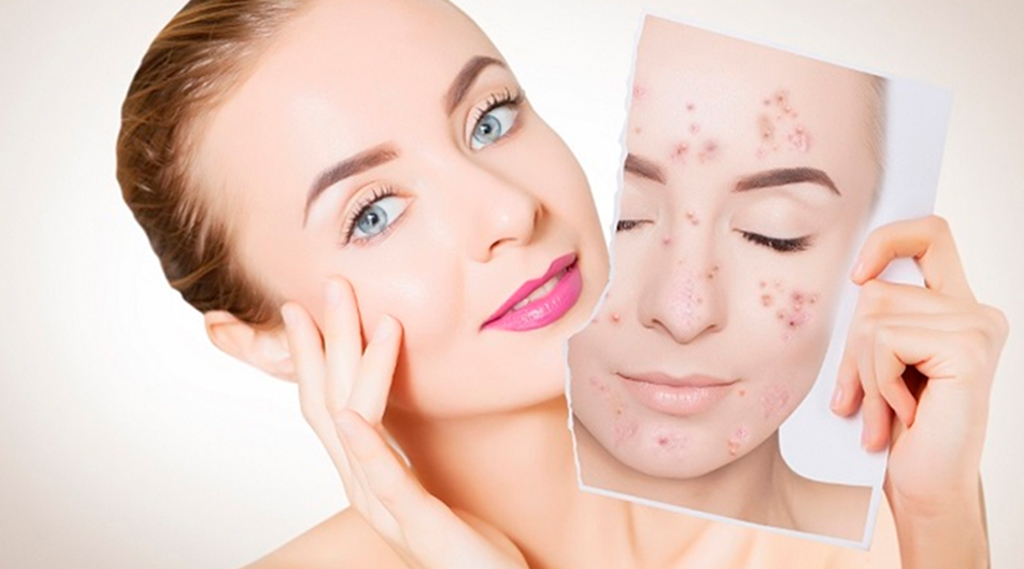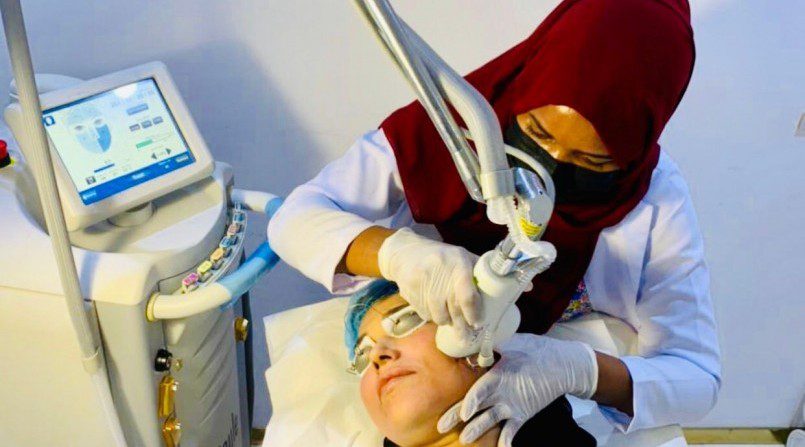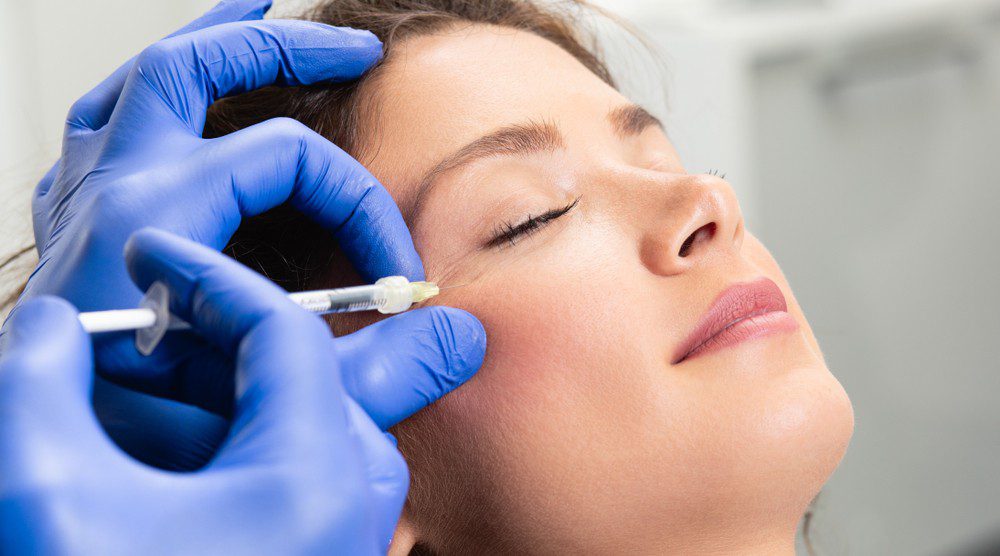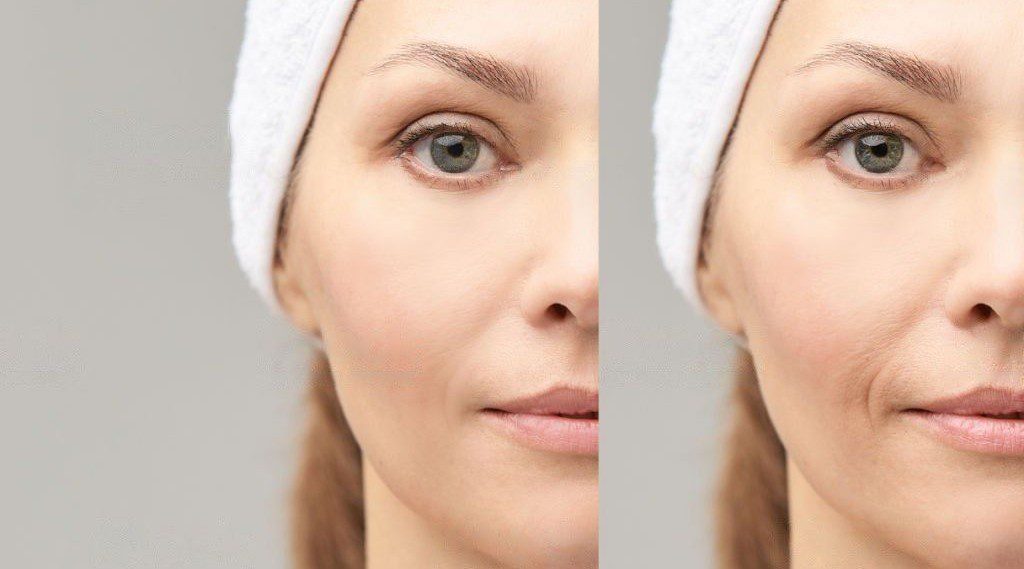Acne Scar Survival: How to Tackle Types and Find the Right Treatment for You

Acne scars are a common skin concern that can be difficult to treat, caused by inflammation and skin tissue damage, they can take many forms, such as pits, ridges, or dark marks. Here are some tips on how to reduce or get rid of acne scars:
There are several different types of acne scars, including:
- Atrophic
scars: These are depressed scars that occur when there is a loss of
collagen in the skin. They can take the form of pits, indents, or thin,
stretchy skin.
- Hypertrophic
scars: These are raised scars that occur when there is an excess of
collagen in the skin. They can be red or pink and may feel raised or lumpy
to the touch.
- Keloid scars: These are raised scars that occur when there is an excess of collagen and other tissue in the skin. They are often more prominent than the original acne lesion.
There are several treatment options available for acne scars at a dermatology clinic such as SKIN111 in Dubai.
These may
include:
- Laser
therapy involves using a laser to remove the top layer of damaged skin,
stimulate collagen production, and improve the appearance of scars.
- Chemical
peels involve applying a chemical solution to the skin to remove the top
layer of damaged skin and stimulate new cell growth.
- Microdermabrasion:
This non-invasive procedure involves using fine crystals to exfoliate the
skin and remove the top layer of damaged skin cells.
- Dermal
fillers are injectable substances used to fill in depressed acne scars and
give the skin a smoother appearance.
- Subcision:
This surgical procedure involves cutting the scar tissue to release it and
allow it to heal in a more normal position.
- Radiofrequency micro needling: effective for deep or depressed scars that have not responded well to other treatments. The procedure improves the appearance of scars by stimulating collagen production and tightening the skin, which can help fill in depressed scars and smooth out uneven skin texture.
Several common skin problems can occur in conjunction with acne scars. These may include:
- Hyperpigmentation:
This is the darkening of the skin due to an excess pigment. It can occur
due to acne inflammation and may be more noticeable in individuals with
darker skin tones.
- Hypopigmentation:
This is the lightening of the skin due to a loss of pigment. It can occur
due to inflammation or as a side effect of specific acne treatments.
- Redness:
Acne scars can cause the surrounding skin to appear red or pink due to
inflammation.
- Dryness:
Acne scars can cause the surrounding skin to become dry and flaky due to
moisture loss.
- Sensitivity:
Acne scars can cause the surrounding skin to become more sensitive to
particular products or environmental factors.
- Itchiness: Acne scars can cause the surrounding skin to feel itchy due to irritation or dryness.
A consultation with a specialist Aesthetics
Doctor or Dermatologist would always be the recommended plan to assess your
skin and advise you on the most suitable course of treatments to achieve your
desired results.
Most Popular:
-

Sciton HALO vs Sciton BBL
Read More »September 20, 2022 -

What is profhilo, and how is it different from fillers?
Read More »September 20, 2022 -

Body contour solutions from SKIN111
Read More »September 20, 2022 -

Does IV GLUTATHIONE therapy work
Read More »September 20, 2022 -

How can an IV drip help you boost your energy
Read More »September 20, 2022